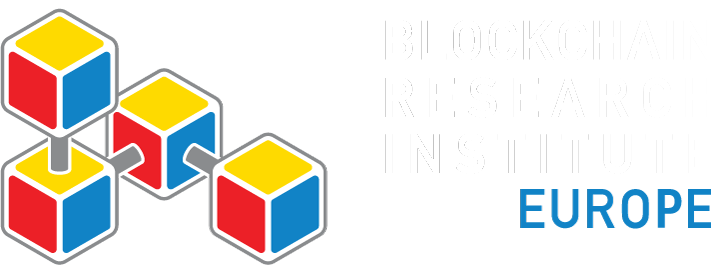Government & Democracy
VERTICAL 6
Overview
Blockchain presents governments with four huge opportunities. The first is to harness this technology to rewire the economy for innovation. Blockchains will not simply disrupt every industry – they will dramatically lower barriers to business creation. This hints at the beginning of a new relationship between government and the private sector. From the beginning, blockchain developers have seen regulatory compliance regimes establishing the boundaries of certain relationships as a business opportunity. Blockchain-based markets can authorize transactions according to the regulatory regime of the marketplace. Food safety certification can be established using a blockchain as a digital system of record. In short, new and interesting opportunities exist for the private sector to formalize relationships prescribed by laws and regulations.
Anyone can build value in this global economy, and governments should consider what role they can and should play to achieve this goal. The second opportunity is to reconfigure government for greater transparency and accountability to citizens. Government should do far more at less cost, with more input from citizens. The third is to design the preconditions for everyone to succeed. Rather than re-distributing wealth, we could pre-distribute wealth, democratizing the means by which citizens generate wealth in the first place. Finally, what are the implications of blockchain for the democratic process, and how can we help overcome the crisis of legitimacy of democratic institutions. This also forces an existential question for governments. Because the technology’s capacity is to secure relationships in the digital world, there are implications for a concept inherent to relationships in the physical world: the idea of jurisdiction itself is under stress. How can governments adapt their treatment of jurisdiction and remain relevant?
